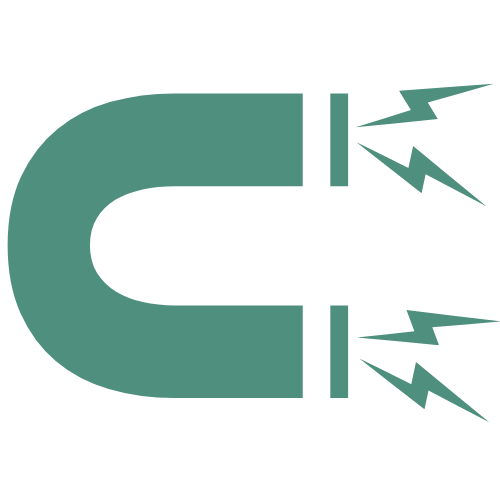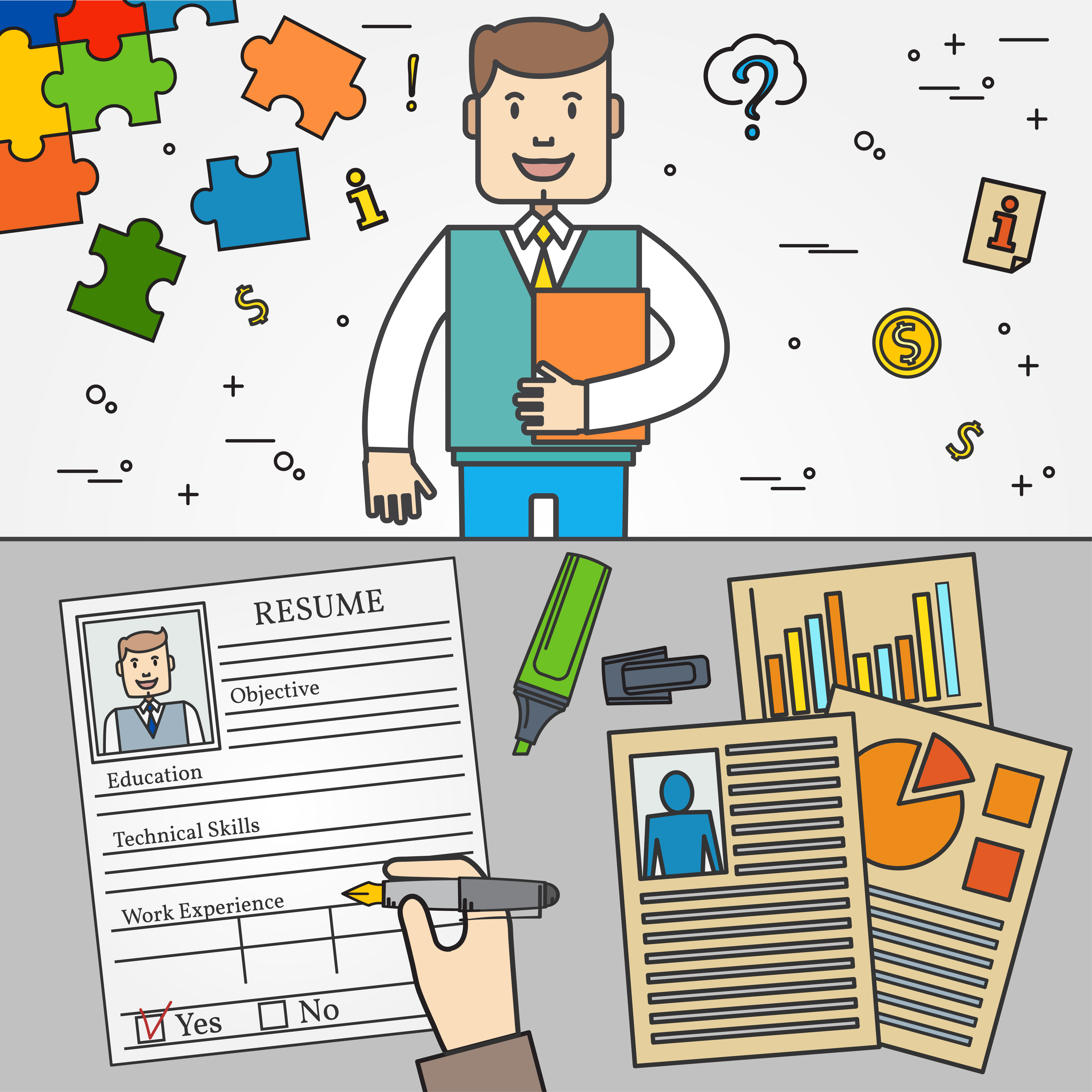The following exchange includes a question I received from a mid-life career changer (whom I’ll call CeeCee, for Career Changer), but my answer is broad enough to apply to most anyone, no matter where you are in your career.
CeeCee’s Question: Should I invest in a professional resume?
“I’m beginning discussions with specific organizations. At this point, I haven’t been asked for a resume and haven’t offered it. It doesn’t seem to be a priority. However, I understand that a resume will be needed at some point soon. I’m questioning whether or not it will be a good use of my money at that point, especially if a resume becomes a formality rather than a decision-making tool. Your thoughts?”
Jennifer’s Answer: Maybe. It depends on a few factors.
Congrats on beginning discussions with potential employers, CeeCee. That’s a great start!
Good points about prioritizing your resources. I’ll outline how I recommend you discern your resource allocation below.
Cases where I recommend a professional resume:
This is a partial list of some of the most common situations that call for a professional resume (or at least a fabulous, compelling resume and cover letter and LinkedIn, too)
You’ve applied to job openings for which you’re qualified, but you’re not getting interviews.
You’re getting interviews and they’re going great, but despite the connection, you seem to be stuck in 2nd place, not getting the offers you want.
Perhaps most relevant to you, CeeCee: Since you’re not applying to specific job openings or titles but are in conversation about possible roles, you have an opportunity to use a targeted resume as part of your pitch on what you can do for them. You could include specific language about proposed roles, your prior successes and achievements that your target employer could then expect from you. Especially when changing industries or roles, you’ll need to be very clear how your prior experience might translate to the target and/or what you’re doing to bridge any gaps.
If someone asks for a resume, it is great to have something to give them right away, of course. Also, the process of refining your information for the resume can help you hone your pitch and visa-versa.
Is it ever unnecessary?
Yep, and it’s pretty straightforward:
If you’re getting the interviews and opportunities you want.
If it feels as if your discussions are less formal but still moving toward real offers, then it sounds like you’re golden, CeeCee.
Always, I defer to your knowledge, experience, and intuition within your specific situation. I speak to the trends.
What about interview coaching?
If you’re getting interviews but not offers.
You’ve felt unprepared once you got into an interview, or find certain questions to be challenging.
It’s been a long time since you’ve interviewed.
You’d appreciate more preparation and support.
Your interviewers don’t seem engaged.
Bottom Line
To summarize, having reviewed hundreds of resumes, I’ve seen very few that wouldn’t benefit from professional message crafting and formatting. A resume professional will help you hone your message to present your personal brand and what you will be able to do for your target employer. Most resumes sound the same, speak in generalities rather than painting a clear picture of what you DO, and leave hiring managers with questions, frustration, and resume fatigue.
If your resume isn’t getting you interviews you’re qualified for, your resume needs work. Click To TweetWe can help.
If your resume is getting the interviews you want, awesome. Sounds like you’re good to go!
If your interviews aren’t getting you the offers you want, it's time for interview coaching. Click To TweetI can help.
Make sense? Thoughts?



